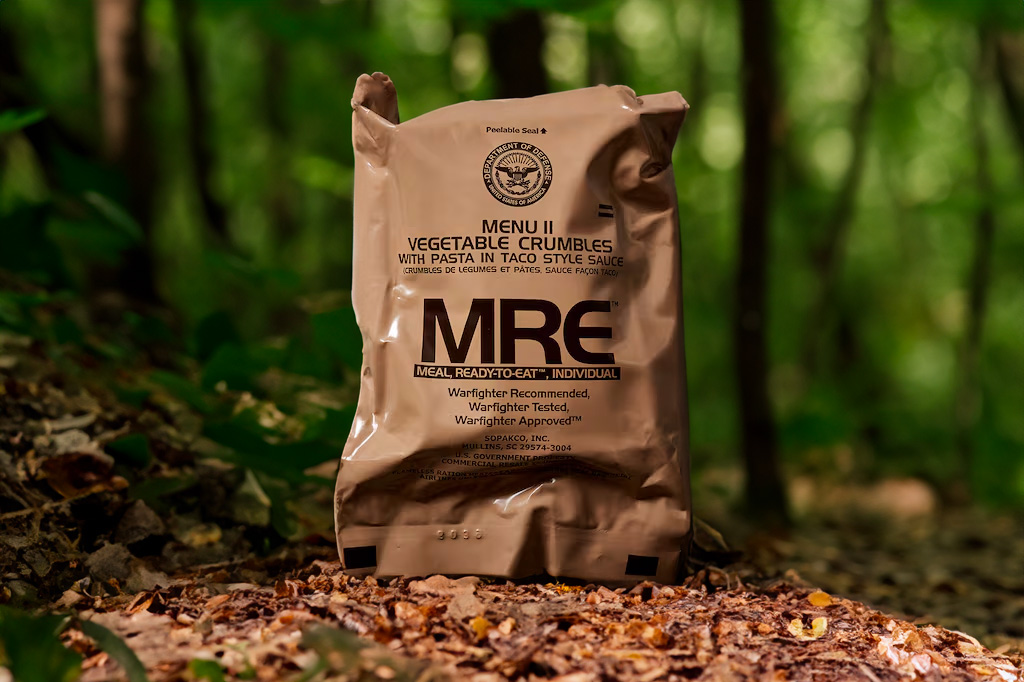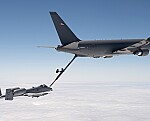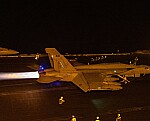Boosting battle-ready strength: Pentagon proposes adding Creatine to military MREs
A recent provision included in the House version of the 2025 National Defense Authorization Act (NDAA) calls for a significant change to the traditional Meal, Ready-to-Eat (MRE) rations supplied to U.S. military personnel. The House Armed Services Committee is urging the Pentagon to add creatine—a popular muscle-building supplement—to these meals, potentially marking a major shift in how the military approaches nutritional support for its troops.

The recommendation, which is part of the broader legislative effort to determine defense spending for the coming year, highlights the growing recognition of creatine’s benefits for muscle development, strength, and recovery. However, the proposal will need to pass a Senate review before it can be signed into law.
The muscle building case for Creatine
“A broad body of clinical research has shown that creatine can enhance muscle growth, physical performance, strength training, post-exercise recovery, and injury prevention,” states the committee report. This body-broadening recommendation aligns with the increased emphasis on physical readiness and performance in the military.
Kyle Turk, director of government affairs for the Natural Products Association, hailed the potential inclusion of creatine in MREs as a positive move for American service members. “Creatine is one of the most extensively studied ingredients for safely increasing strength and recovery time,” Turk noted in an email to Military Times. He further emphasized that this change could bring significant benefits to the physical preparedness of soldiers. Turk himself consulted with the Armed Services Committee in crafting the language that proposes creatine’s inclusion in MREs.
What is Creatine?
Creatine is a naturally occurring compound found primarily in muscles and the brain, where it plays a key role in producing energy. Many athletes and bodybuilders have long used creatine supplements to improve strength and performance. According to the Mayo Clinic, creatine is especially useful for short bursts of high-intensity activities, such as sprinting or heavy lifting.
Recent scientific research supports creatine’s potential to enhance physical performance, and its popularity is evident beyond the gym. It is even joked that at least 227 Instagram users per year modify their handles to include iterations of "firstname_fit," a testament to creatine’s prominent role in the fitness world.
The Pentagon’s focus on nutrition and performance
The Pentagon has already taken steps in recent years to optimize the nutrition of service members in the field. One notable initiative involves the introduction of Performance Readiness Bars, which are fortified with calcium and vitamin D—essential nutrients for bone health and muscle function. These bars, which are distributed throughout select military populations, offer an additional source of nourishment that complements standard MREs.
Though not universally lauded for their taste, these performance bars have helped address the specific nutritional needs of military personnel, particularly when it comes to maintaining muscle and bone strength in high-stress environments. Creatine's inclusion in MREs would further align with these efforts to optimize physical readiness through better nutrition.
The benefits and risks of creatine for soldiers
The Defense Department Dietary Supplement Resource website outlines creatine’s potential benefits, noting its positive effects on strength, power, sprint performance, and muscle mass in athletes who engage in resistance training. Such advantages could be particularly valuable for soldiers who often undergo intense physical demands, ranging from carrying heavy gear to enduring physically challenging training exercises.
However, the supplement is not without its downsides. While creatine is effective for building strength and increasing muscle mass, it can also cause unwanted weight gain, which may be undesirable for service members engaged in endurance training or those operating in environments where maintaining a lean physique is critical.
Looking ahead: The Senate’s decision
As the Senate takes up the NDAA for review, the creatine provision will face further scrutiny. If passed, the addition of creatine to MREs could signify a broader shift in the military’s approach to fueling its soldiers. This change would reflect the evolving understanding of nutritional science and its role in enhancing physical performance, as well as the Defense Department's commitment to ensuring that soldiers are equipped to meet the physical challenges of modern warfare.
While the final decision on creatine’s inclusion in military rations awaits Senate approval, the move underscores the importance of nutrition in optimizing performance and strength. If implemented, the U.S. military may see its troops not only ready for combat but also ready to bulk.








